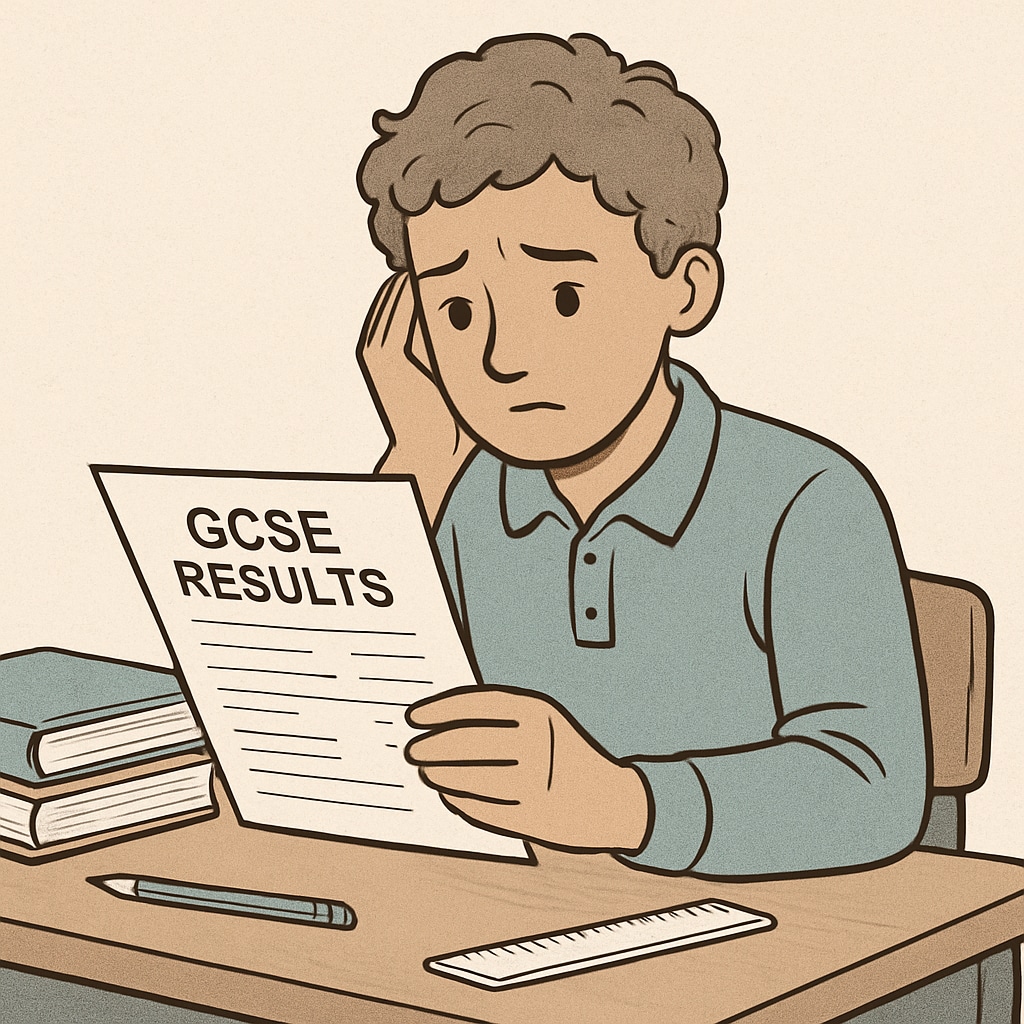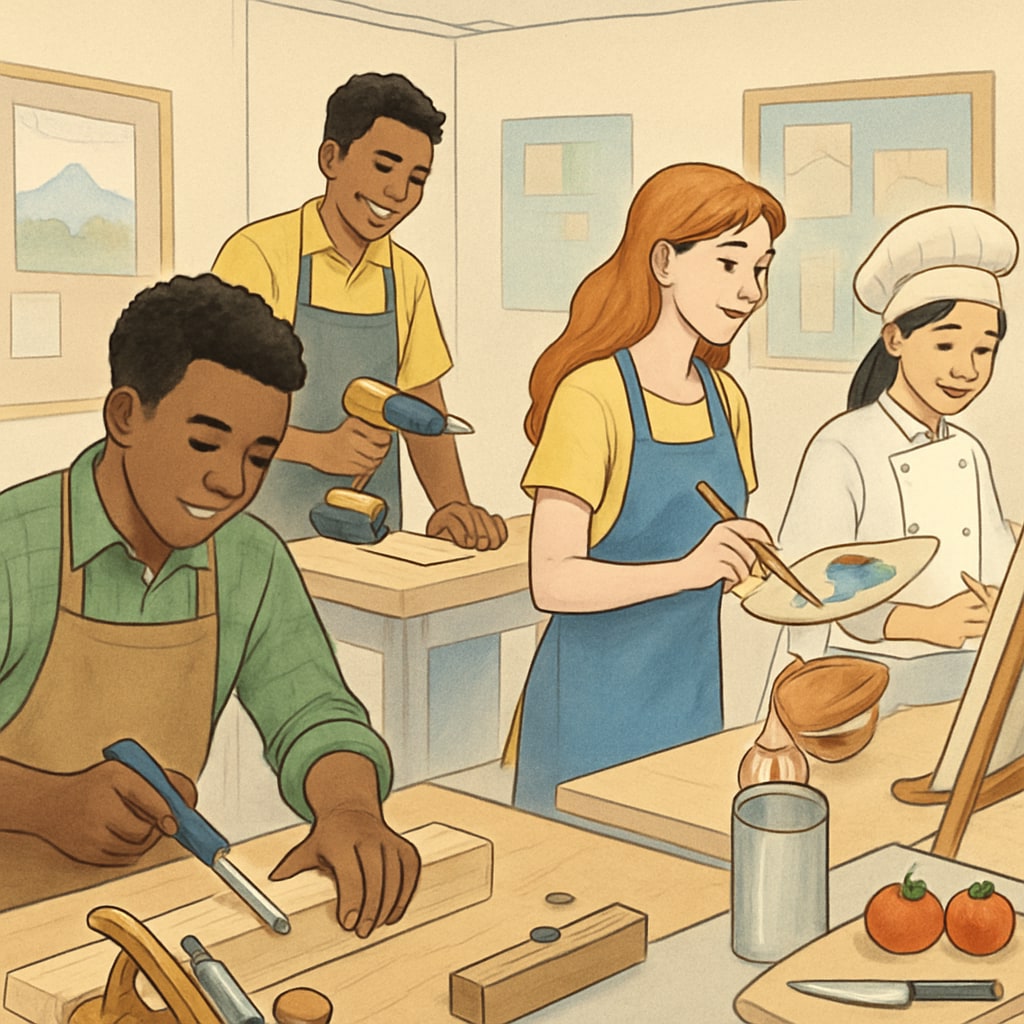For many students, receiving disappointing GCSE results can be a moment filled with academic worries and self-doubt. The pressure to perform well in these exams often feels overwhelming, as they are perceived to shape the trajectory of one’s future. However, it is crucial to remember that a single set of results does not define your worth or abilities. This article explores how to navigate the challenges of GCSE disappointment, understand the limitations of traditional academic evaluation, and focus on personal growth and broader opportunities.

Understanding the Emotional Impact of GCSE Results
Disappointing GCSE results can trigger a range of emotions, such as shame, anxiety, and self-doubt. Students often feel that these grades are a direct reflection of their intelligence or potential. However, this is far from the truth. Academic results are influenced by various factors, including mental health, external circumstances, and even exam-day nerves.
It’s important to acknowledge that these feelings are valid but temporary. Rather than dwelling on the disappointment, students can take proactive steps to process their emotions. Talking to a trusted teacher, counselor, or family member can provide reassurance and guidance during this difficult time.
Why GCSE Results Don’t Define Your Future
While GCSEs are an important milestone in education, they are not the sole determinant of your future success. Many successful individuals have faced setbacks during their academic journeys. For example, renowned entrepreneurs like Richard Branson and Simon Cowell did not excel in traditional education but went on to achieve remarkable success in their fields.
In the modern world, skills such as creativity, adaptability, and emotional intelligence are highly valued. These qualities often cannot be measured by standardized exams. Students should embrace opportunities for personal growth and explore alternative paths, such as vocational training, apprenticeships, or creative pursuits.

Strategies to Rebuild Confidence After GCSE Challenges
Recovering from academic disappointment requires a shift in mindset and a focus on actionable steps. Here are some strategies to help rebuild confidence:
- Set new goals: Reflect on your passions and interests, then create a roadmap for achieving them. This could include retaking exams, pursuing further education, or exploring non-academic pathways.
- Celebrate small wins: Acknowledge and celebrate small achievements, no matter how minor they may seem. This can help rebuild self-esteem and motivation.
- Seek mentorship: Connect with individuals who have navigated similar challenges. Their guidance and experiences can provide valuable insights and encouragement.
- Focus on lifelong learning: Education doesn’t end with GCSEs. Embrace opportunities to learn new skills, whether through online courses, workshops, or hands-on experiences.
Moving Forward: Redefining Success
Ultimately, success is a deeply personal concept, and it’s important to define it on your own terms. While society often places a heavy emphasis on academic achievements, true success encompasses much more—it includes happiness, personal fulfillment, and making a positive impact on the world.
Students who face GCSE disappointment have the opportunity to grow stronger and more resilient. By focusing on their unique talents and values, they can carve out a future that aligns with their aspirations. Remember, every setback is a setup for a comeback.
In conclusion, while disappointing GCSE results can spark academic worries and self-doubt, they should not be seen as the end of the road. By embracing a growth mindset, exploring alternative paths, and redefining success, students can overcome challenges and thrive in ways they never imagined.
Readability guidance: Use short paragraphs and lists to break down complex ideas. Transition words like “however,” “in addition,” and “for example” are included for smoother reading. Passive voice and long sentences are minimized for clarity.


